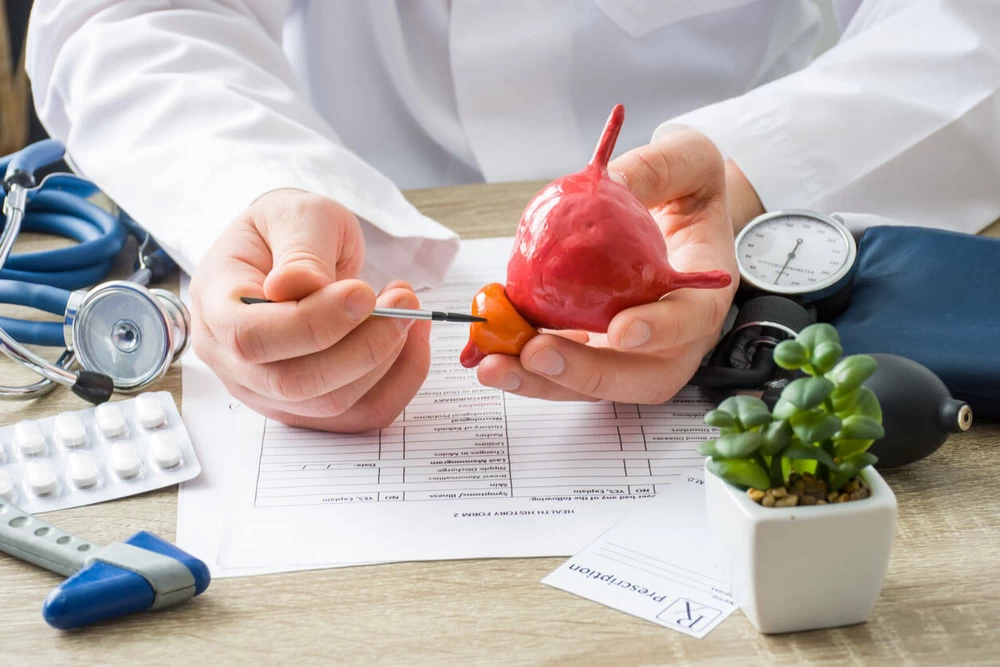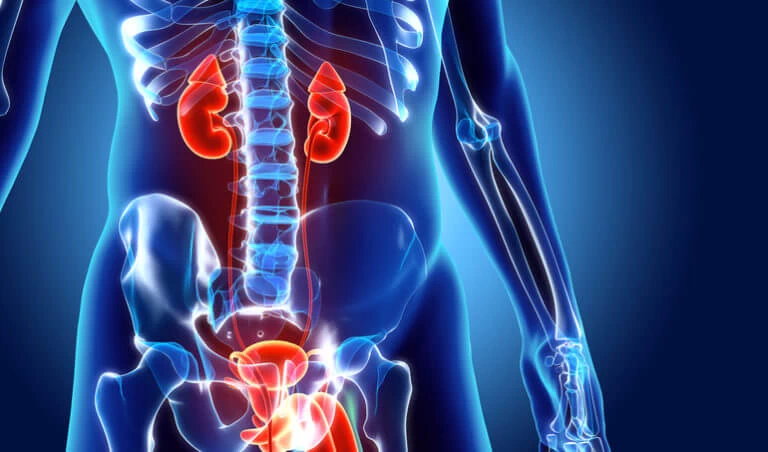Subtotal $0.00
Table of Contents
Prostate health is a crucial aspect of men’s health that often doesn’t receive the attention it deserves. As men age, the prostate gland can become susceptible to various issues, which can significantly impact quality of life. Understanding prostate health, recognizing symptoms of potential problems, and knowing preventative measures are essential for maintaining overall well-being. Here’s what every man should know about prostate health.
What is the Prostate?
The prostate is a small gland, about the size of a walnut, located below the bladder and in front of the rectum. It surrounds the urethra, the tube through which urine and semen pass. The primary function of the prostate is to produce fluid that nourishes and transports sperm.
Common Prostate Issues
- Benign Prostatic Hyperplasia (BPH):
- Understanding: BPH is the non-cancerous enlargement of the prostate gland, common in older men.
- Symptoms: Difficulty urinating, frequent urination, weak urine stream, and inability to completely empty the bladder.
- Management: Lifestyle changes, medications, and sometimes surgery can help manage symptoms.
- Prostatitis:
- Understanding: Prostatitis is the inflammation of the prostate gland, which can be bacterial or non-bacterial.
- Symptoms: Pelvic pain, painful urination, difficulty urinating, flu-like symptoms (in bacterial prostatitis).
- Management: Antibiotics for bacterial prostatitis, anti-inflammatory medications, and other supportive therapies for non-bacterial prostatitis.
- Prostate Cancer:
- Understanding: Prostate cancer is one of the most common cancers in men, especially those over the age of 50.
- Symptoms: Early stages often have no symptoms. Advanced stages may include difficulty urinating, blood in urine or semen, and pain in the back or hips.
- Management: Treatment options include surgery, radiation therapy, hormone therapy, and chemotherapy. Early detection through regular screenings is crucial for successful treatment.

Preventative Measures for Prostate Health
- Regular Screenings:
- Importance: Regular prostate screenings, including prostate-specific antigen (PSA) tests and digital rectal exams (DRE), can help detect issues early.
- Recommendation: Men over 50, or those with a family history of prostate problems, should discuss screening schedules with their healthcare provider.
- Healthy Diet:
- Focus: A diet rich in fruits, vegetables, whole grains, and lean proteins supports overall health and may reduce the risk of prostate issues.
- Key Foods: Tomatoes (rich in lycopene), fatty fish (high in omega-3 fatty acids), and green tea are known for their potential benefits for prostate health.
- Regular Exercise:
- Benefits: Regular physical activity helps maintain a healthy weight and reduces the risk of BPH and prostate cancer.
- Types: Aim for a mix of aerobic exercises (like walking, running, or swimming) and strength training.
- Hydration:
- Importance: Staying well-hydrated helps with urinary function and overall health.
- Tip: Drink plenty of water throughout the day and limit caffeine and alcohol intake.
- Avoiding Harmful Habits:
- Smoking: Quit smoking to reduce the risk of prostate cancer and other health issues.
- Alcohol: Limit alcohol consumption to moderate levels.
- Mental Health:
- Connection: Stress and mental health can impact physical health, including the prostate.
- Strategies: Practice stress-reducing activities such as meditation, yoga, and hobbies.
Conclusion
Understanding prostate health is vital for every man. Awareness of common prostate issues, their symptoms, and effective preventative measures can lead to early detection and better management of potential problems. Regular screenings, a healthy diet, regular exercise, proper hydration, and avoiding harmful habits are key to maintaining prostate health. Prioritizing these practices not only enhances prostate health but also contributes to overall well-being and a better quality of life. Make your prostate health a priority today for a healthier future.





